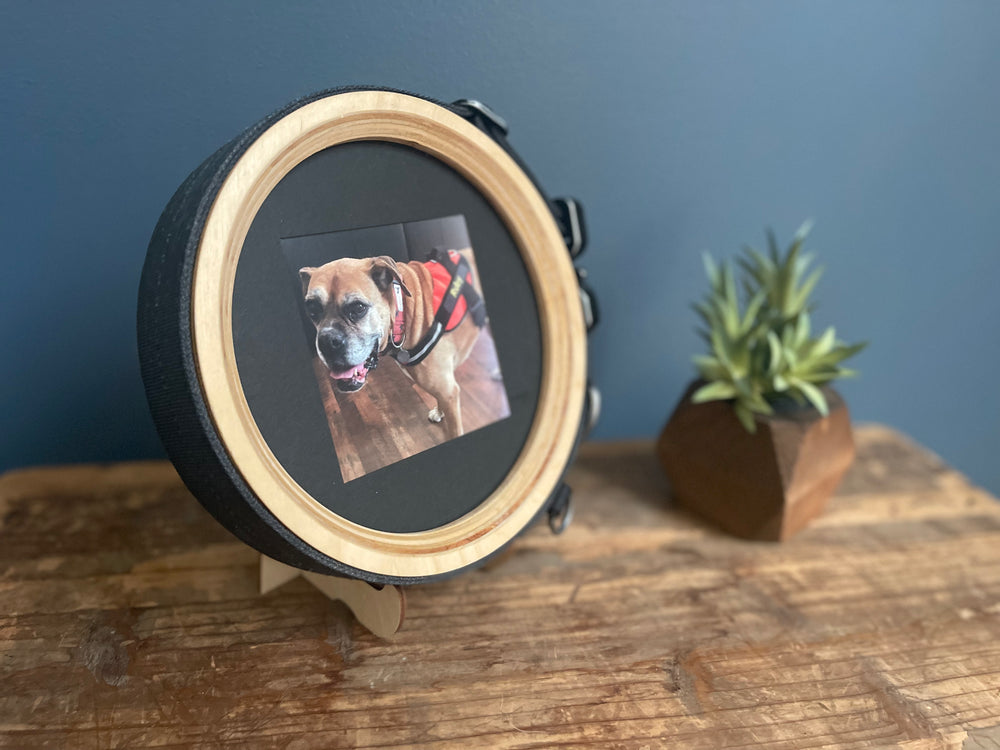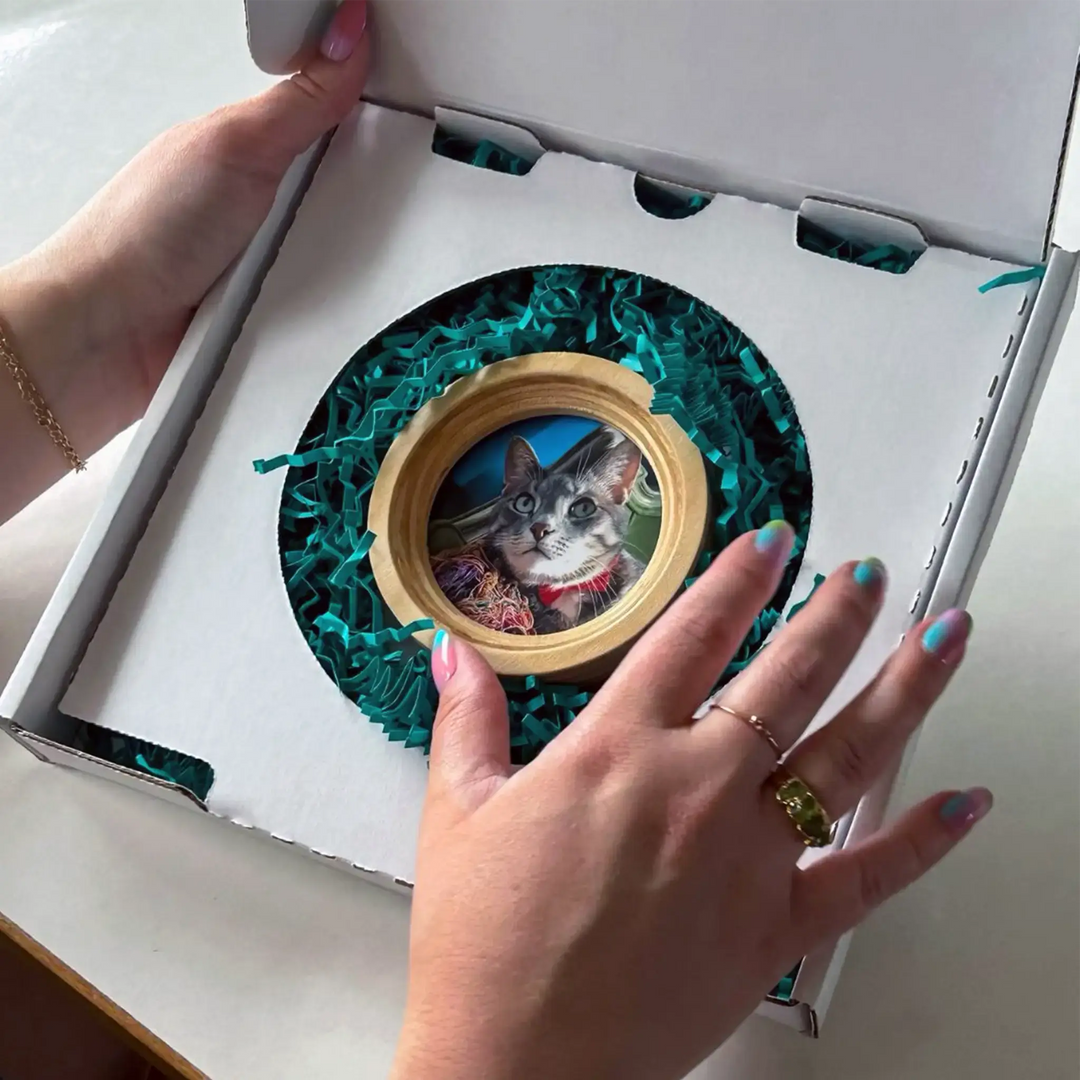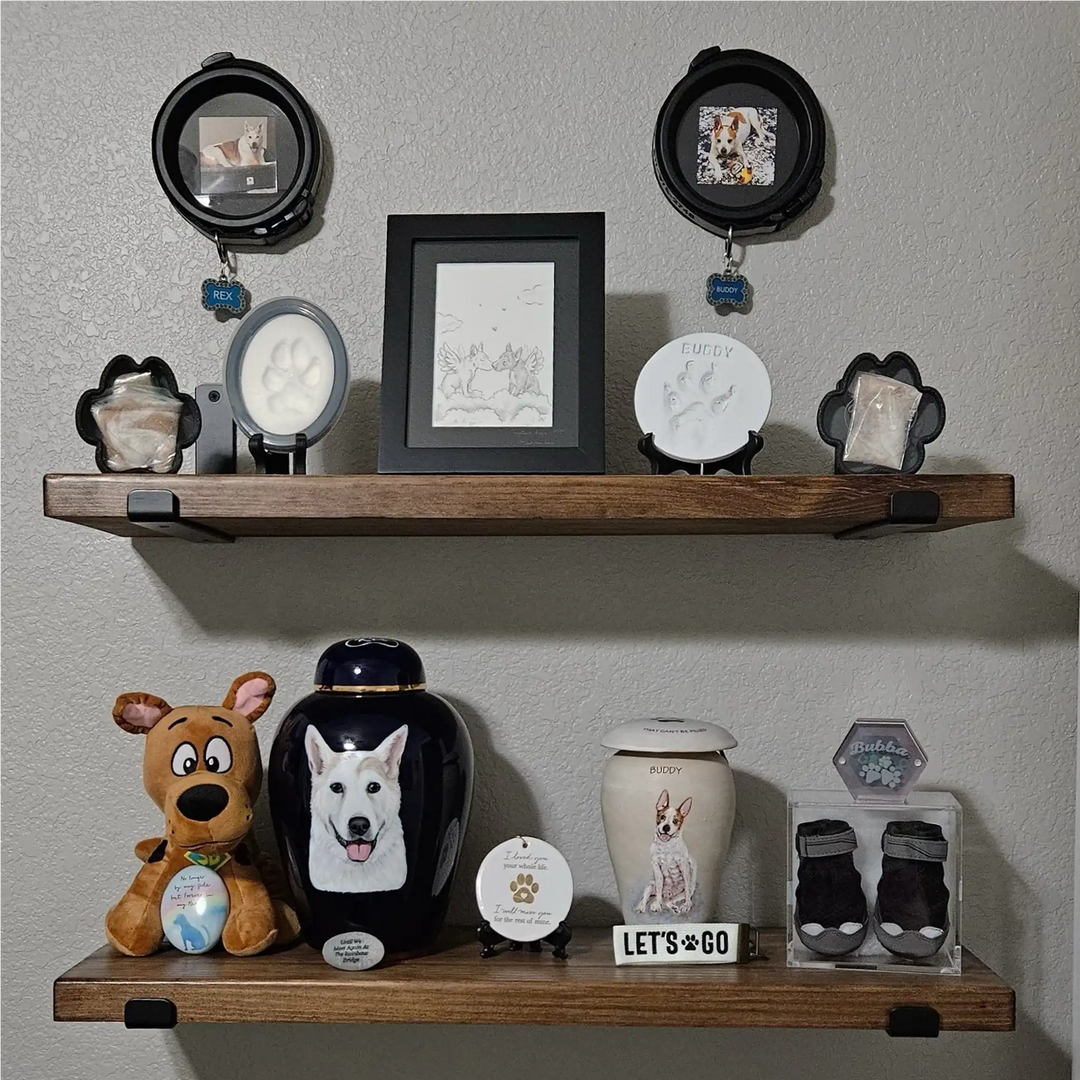Navigating Grief: Coping with Pet Loss During the Holidays
The holiday season is often a time of joy, togetherness, and celebration. However, for those who have recently experienced the loss of a beloved pet, this time of year can be particularly challenging. Pets are not just animals; they are cherished members of our families, and their absence can cast a shadow over the festive season. Together, we can explore ways to cope with the grief of losing a pet during the holidays and find solace in the midst of the festivities.
Acknowledge Your Feelings:
Grieving the loss of a pet is a unique and individual experience. It's essential to acknowledge and accept the range of emotions you may be feeling – sadness, anger, guilt, or even numbness. Understand that it's okay to grieve, and everyone copes differently. Give yourself the time and space to process your emotions without judgment. Sometimes you may feel that you are "supposed to be happy" during the holiday season. This can make struggling with feelings of sadness all the more difficult. Give yourself room to grieve and experience the myriad of feelings you may encounter. It is ok to feel how you feel.
Create a Tribute:
One healing way to honor your pet's memory during the holidays is by creating a tribute. This could be as simple as setting up a dedicated space with a framed photo, your pet's favorite toys, or a candle. Consider writing a heartfelt letter to your pet, expressing your love and gratitude for the companionship they brought into your life. Creating a memorial can provide a sense of closure and allow you to celebrate the positive impact your pet had on your life.
Include Your Pet in Holiday Traditions:
Incorporate your pet's memory into your holiday traditions. If your pet had a favorite treat, consider baking it and sharing it with family and friends in their honor. Hang a special ornament on your tree or create a decoration that symbolizes your pet's presence in the holiday celebrations. By including your pet in these traditions, you're keeping their spirit alive and finding a way to connect with the joy they brought to your life.
Seek Support:
Grieving is a process that often benefits from the support of others. Share your feelings with friends, family, or a support group who can empathize with your experience. Many people may not fully understand the depth of the bond between a pet and their owner, but connecting with those who do can be incredibly comforting. If needed, consider seeking professional help from a counselor or therapist specializing in pet loss.
Give Yourself Permission to Modify Plans:
The holidays often come with a multitude of social obligations and commitments. Understand that it's okay to modify your plans or skip certain events if you're not feeling up to it. Prioritize self-care and surround yourself with understanding and supportive individuals who respect your need for space during this difficult time.
Dealing with the loss of a pet during the holidays is undoubtedly challenging, but it's essential to remember that grief is a natural part of the healing process. By acknowledging your feelings, creating a tribute, including your pet in holiday traditions, seeking support, and giving yourself permission to modify plans, you can navigate this challenging time with grace and honor the memory of your cherished companion. As you find ways to cope, remember that healing is a gradual process, and it's okay to embrace both joy and sorrow during the holiday season.
In addition to our Blog, Facebook Support Group and Resources Page, we work with other organizations to connect you with as many resources as possible. Please see below for additional resource pages for counselors, podcasts, blogs and virtual support groups:
Wolfie's Wish Resources Page
https://wolfieswish.com/resources/
The content on this blog is not to be taken as advice. All information posted is for informational and educational purposes. It is not intended as a substitute for professional advice. Whisker & Fang management and staff are not responsible for how the information found here is used. If you need help, please seek professional counsel from a mental health professional.






Leave a comment